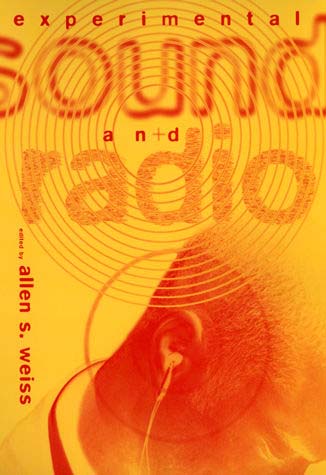Ellen Mickiewicz: Split Signals: Television and Politics in the Soviet Union (1990)
Filed under book | Tags: · communism, mass media, politics, public broadcasting, radio, soviet union, television

Television has changed drastically in the Soviet Union over the last three decades. In 1960, only five percent of the population had access to TV, but now the viewing population has reached near total saturation. Today’s main source of information in the USSR, television has become Mikhail Gorbachev’s most powerful instrument for paving the way for major reform.
Containing a wealth of interviews with major Soviet and American media figures and fascinating descriptions of Soviet TV shows, Ellen Mickiewicz’s wide-ranging, vividly written volume compares over one hundred hours of Soviet and American television, covering programs broadcast during both the Chernenko and Gorbachev governments. Mickiewicz describes the enormous significance and popularity of news programs and discusses how Soviet journalists work in the United States. Offering a fascinating depiction of the world seen on Soviet TV, she also explores the changes in programming that have occurred as a result of glasnost.
Publisher Oxford University Press US, 1990
ISBN 0195063198, 9780195063196
304 pages
PDF (16 MB, updated on 2014-4-27)
Comment (0)Allen S. Weiss (ed.): Experimental Sound & Radio (2000)
Filed under book | Tags: · listening, noise, public broadcasting, radio, radio art, sound art, sound recording, voice

“Art making and criticism have focused mainly on the visual media. This book, which originally appeared as a special issue of TDR/The Drama Review, explores the myriad aesthetic, cultural, and experimental possibilities of radiophony and sound art. Taking the approach that there is no single entity that constitutes “radio,” but rather a multitude of radios, the essays explore various aspects of its apparatus, practice, forms, and utopias. The approaches include historical, political, popular cultural, archeological, semiotic, and feminist. Topics include the formal properties of radiophony, the disembodiment of the radiophonic voice, aesthetic implications of psychopathology, gender differences in broadcast musical voices and in narrative radio, erotic fantasy, and radio as an electronic memento mori.
The book includes a new piece by Allen Weiss on the origins of sound recording.”
Contributors: John Corbett, Tony Dove, René Farabet, Richard Foreman, Rev. Dwight Frizzell, Mary Louise Hill, G. X. Jupitter-Larsen, Douglas Kahn, Terri Kapsalis, Alexandra L. M. Keller, Lou Mallozzi, Jay Mandeville, Christof Migone, Joe Milutis, Kaye Mortley, Mark S. Roberts, Susan Stone, Allen S. Weiss, Gregory Whitehead, David Williams, Ellen Zweig.
Publisher MIT Press, 2000
ISBN 0262731304, 9780262731300
188 pages
PDF (updated on 2012-8-3)
Comment (0)Karol Jakubowicz, Miklós Sükösd (eds.): Finding the Right Place on the Map: Central and Eastern European Media Change in a Global Perspective (2008)
Filed under book | Tags: · democracy, east-central europe, journalism, mass media, media, public broadcasting

“Finding the Right Place on the Map is a crosscutting, international comparison of the media systems and the democratic performance of the media in post-Communist countries. It explores issues of commercial media, social exclusion, and consumer capitalism in a comparative East-West perspective.
Each chapter considers a different aspect of the trends and problems surrounding the media in comparative European and global perspectives. The result is a creative collaboration of leading authors from East and West that covers a rich array of controversial subjects in a comprehensive manner. Topics range from the civil society approach to media and public service broadcasting to journalism cultures, fandom, representation of poverty and gender that reinforces social exclusion and legitimizes consumer capitalism.
Finding the Right Place on the Map is a unique, up-to-date overview of what media transformation has meant for post-communist countries in nearly two decades.”
Publisher Intellect Books, 2008
ISBN 184150193X, 9781841501932
301 pages
PDF (updated on 2024-1-18)
Comments (2)
